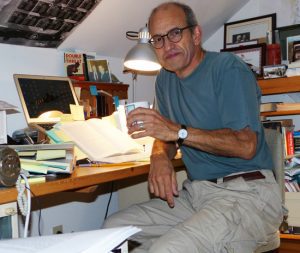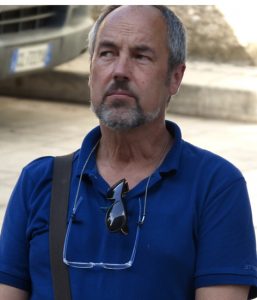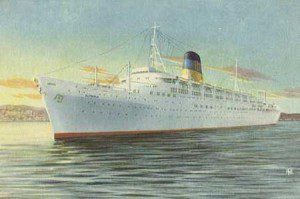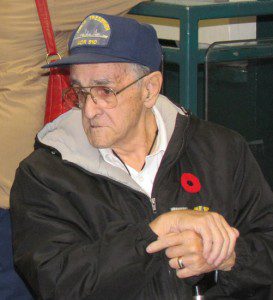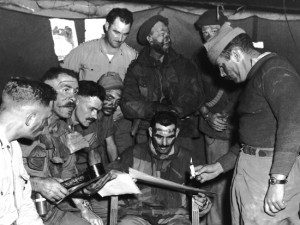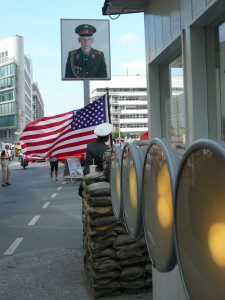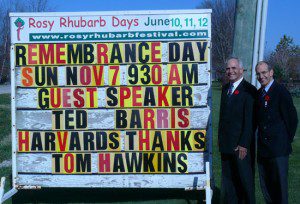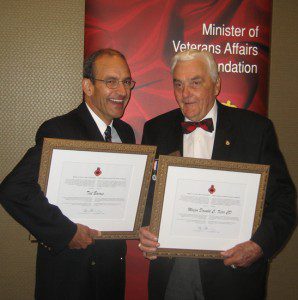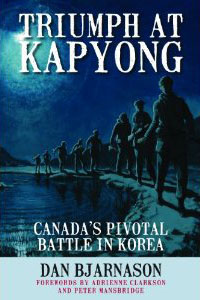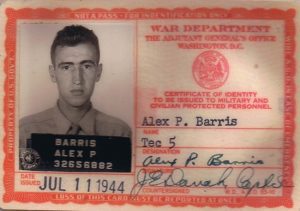
On my last day of classes in 1964, with nothing left to teach us, my Grade 9 phys-ed instructor just gave us a bat and a ball and told us to go play some baseball work-ups. I loved playing shortstop, the position my dad liked most too. Not long into the game, however, the catcher and I chased the same infield fly and we collided head-on. I broke my nose, lost some front teeth and was knocked out cold. I spent several weeks recuperating at home in bed. My father happened to be writing in his office at the house, so he spent time trying to distract me from my pain by telling me stories. It wasn’t long before I popped the big one.
“Hey Dad, what did you do in the war?” I asked. (more…)
